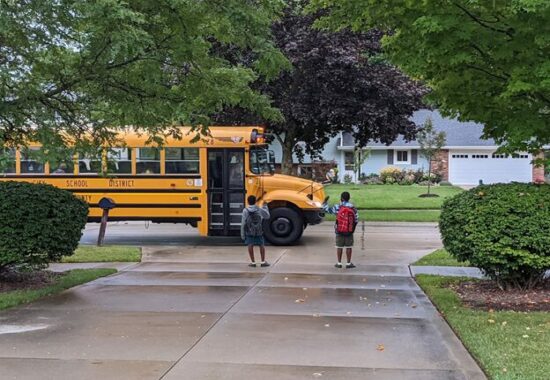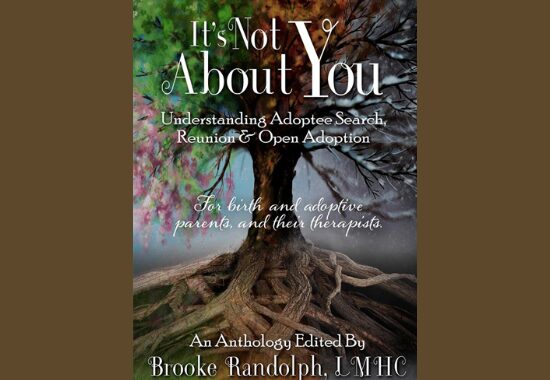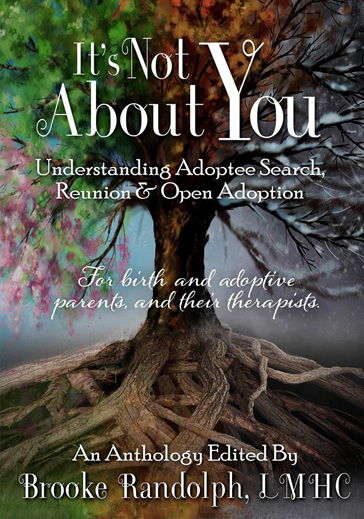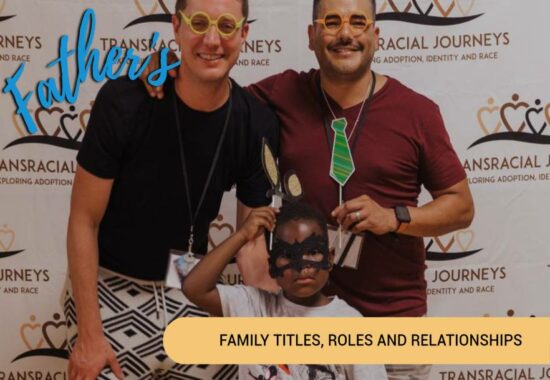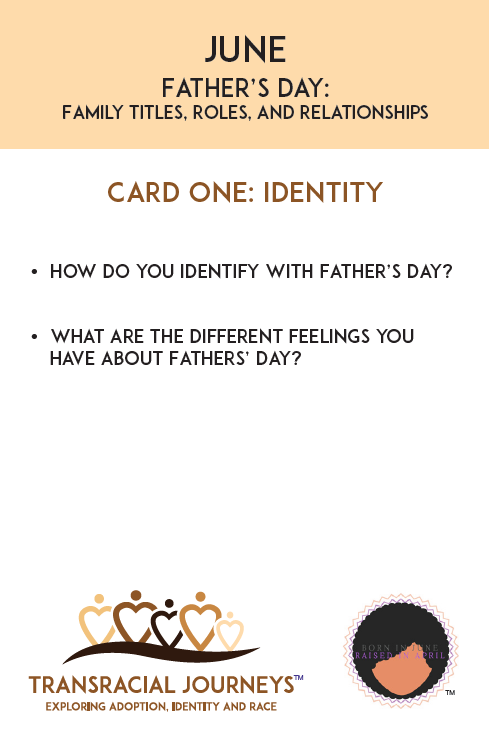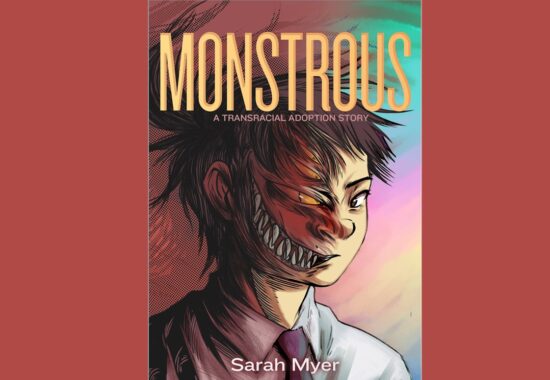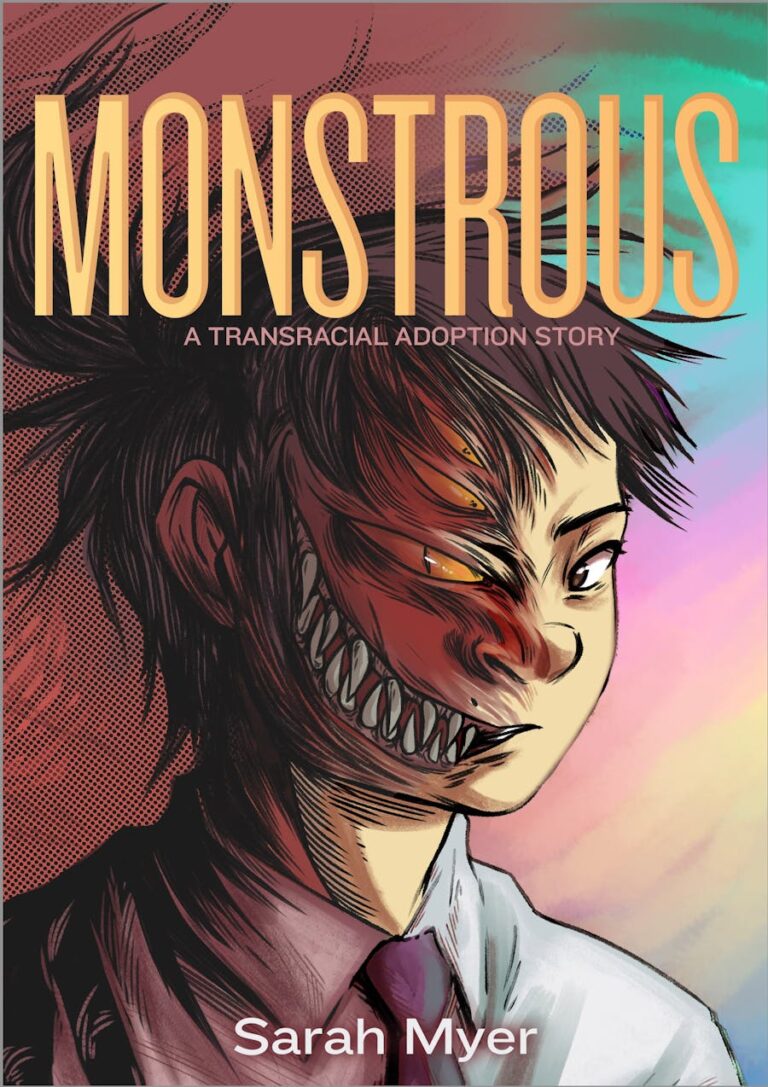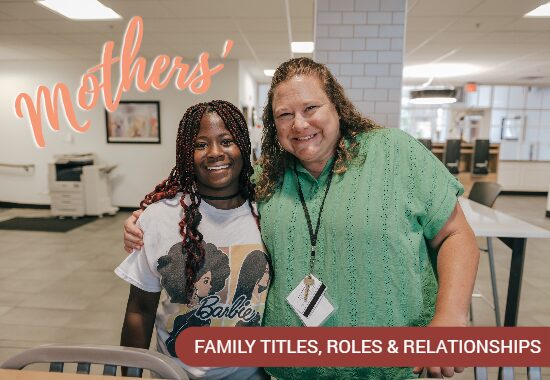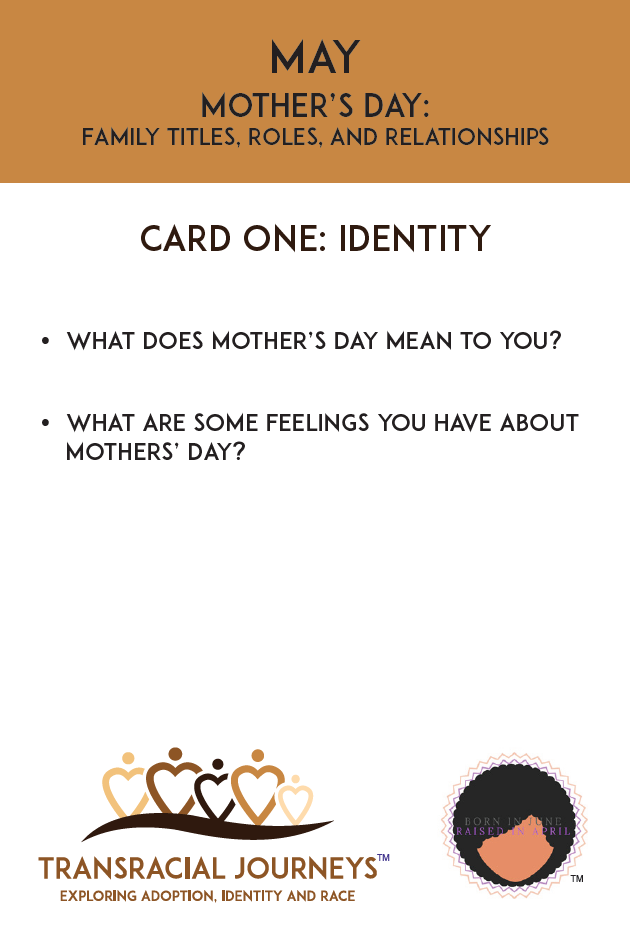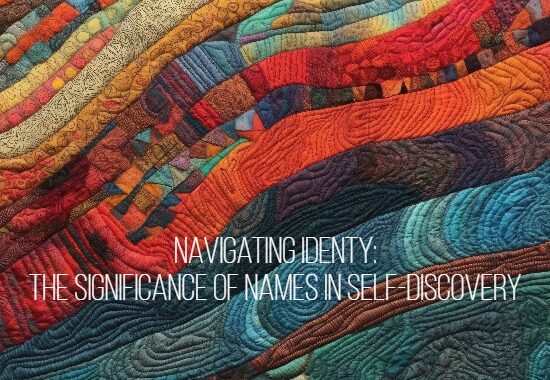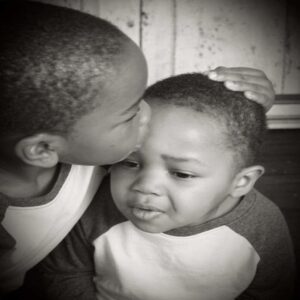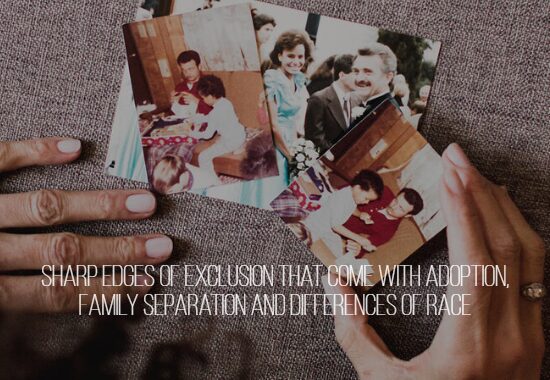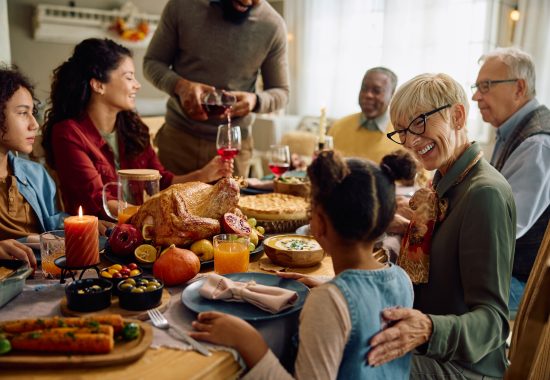By K. Bean
Back-to-school season is an exciting and transformative time, not just for our children but for us as parents as well. While our children gear up for new academic adventures, we as parents can seize this opportunity to reignite our own commitment to learning and growth. Embracing a mindset of curiosity and dedication to continuous learning is essential for fostering an inclusive, supportive, and understanding family environment. Continuing to learn about the impact of racism and bias will help create more emotional, psychological and physical safety for our children.
Intentional Conversations About Adoption & Race
Parenting children of another race necessitates a profound and ongoing commitment to being self-aware, culturally competent, and anti-racist. I understand that my process of learning how to be better surrounding these complex issues will never be complete; there is always more to understand, more perspectives to consider, and more ways to support our boys. By engaging in intentional and planned conversations about adoption and race, we can create a space where everyone feels heard, valued, and understood.
For us as parents, staying curious means actively seeking out knowledge and experiences that enhance our understanding of our boys racial and cultural background. We read books, attend workshops, and participate in cultural events that share our boys' heritage. We want to demonstrate that their identity is respected and celebrated. This kind of proactive engagement sets a powerful example, showing them that learning is a lifelong journey and that understanding and respecting differences is a vital part of personal growth.
Discussions Can Help Develop a Sense of Self, Strengthen Bonds and Build a Foundation of Trust
Moreover, having intentional conversations about race and adoption can help address the unique challenges that transracially adopted children might face. These discussions can provide a safe space for them to express their experiences and feelings, whether they relate to racial identity, experiences of discrimination, or questions about their adoption. By normalizing these conversations, we can help them develop a positive sense of self and equip them with the tools to navigate a world that may not always be accepting or understanding.
In addition to benefiting our boys, these conversations foster a deeper connection within our family. When we discuss complex topics like race and adoption openly and honestly, it strengthens our bond and builds a foundation of trust and mutual respect. This openness encourages them to share their struggles and triumphs, knowing that we are here to support them without judgment. It also allows us as parents to share our own vulnerabilities and learning experiences, highlighting that growth and understanding are continuous processes for everyone.
Back to School: Recommit to Our Own Educational Journeys
In conclusion, back-to-school season is an opportune moment for us to recommit to our own educational journeys, especially when parenting through transracial adoption. By fostering intentional and planned conversations about adoption and race, we can enhance our understanding, support one another more effectively, and create a loving, inclusive environment where everyone feels valued. This commitment to continuous learning and growth benefits not just the family but society as a whole, promoting a culture of empathy, respect, and inclusivity.
This post is from our August, 2024, newsletter. If you would like to get our newsletter in your inbox each month, as well as information about our annual Transracial Journeys Family Camp and our monthly Zoom call to provide support for our transracial adoption parents please subscribe.

